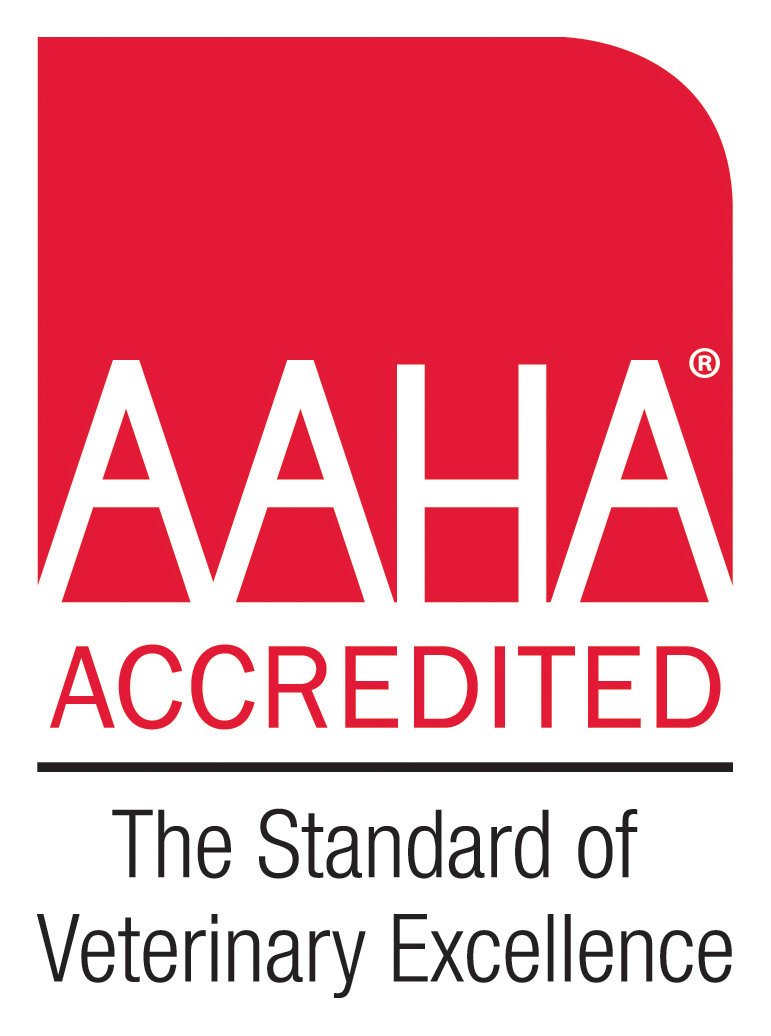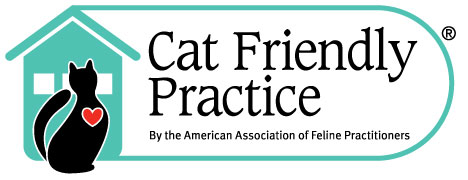1. Your pet received excellent pain control today that includes injectable drugs and local anesthetics. Be sure to give the medications sent home with you, even if your pet seems to feel okay. Many pet’s whine the first night. This is usually not an indicator of pain, but rather just general dissatisfaction or maybe an upset stomach. Dogs who were excitable and vocal before surgery are more likely to whine after surgery. If you have any concerns about your pet’s pain level, call us.
2. Don’t be surprised if your pet is a little groggy for up to 12 hours. We often use narcotics for pain control, and these can be sedating. Your pet should respond to your voice and touch, and should be able to walk fairly normally. If your pet seems overly tired or is not responding well, call us immediately!
3. Your pet may not want to eat until tomorrow and may even throw up once or twice. Don’t let this worry you. If your pet wants to eat, offer about half of the usual volume of food. Be sure there is plenty of water available. If your pet vomits excessively or refuses to eat tomorrow, call us!
5. Most pets are ready to play as hard as usual very quickly. In order for everything to heal properly, please keep your pet quiet for 3-4 days. This means dogs should not jump or run hard, and cats should stay indoors. If you can’t manage this, you will probably notice a swelling at the incision within a week or so. While this swelling almost always goes away within a month, please call us so we can check to be sure it is nothing more serious.
Please note that we are here to help you and your pet. Do not hesitate to call us with questions or concerns.



